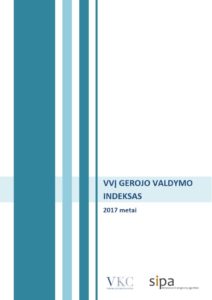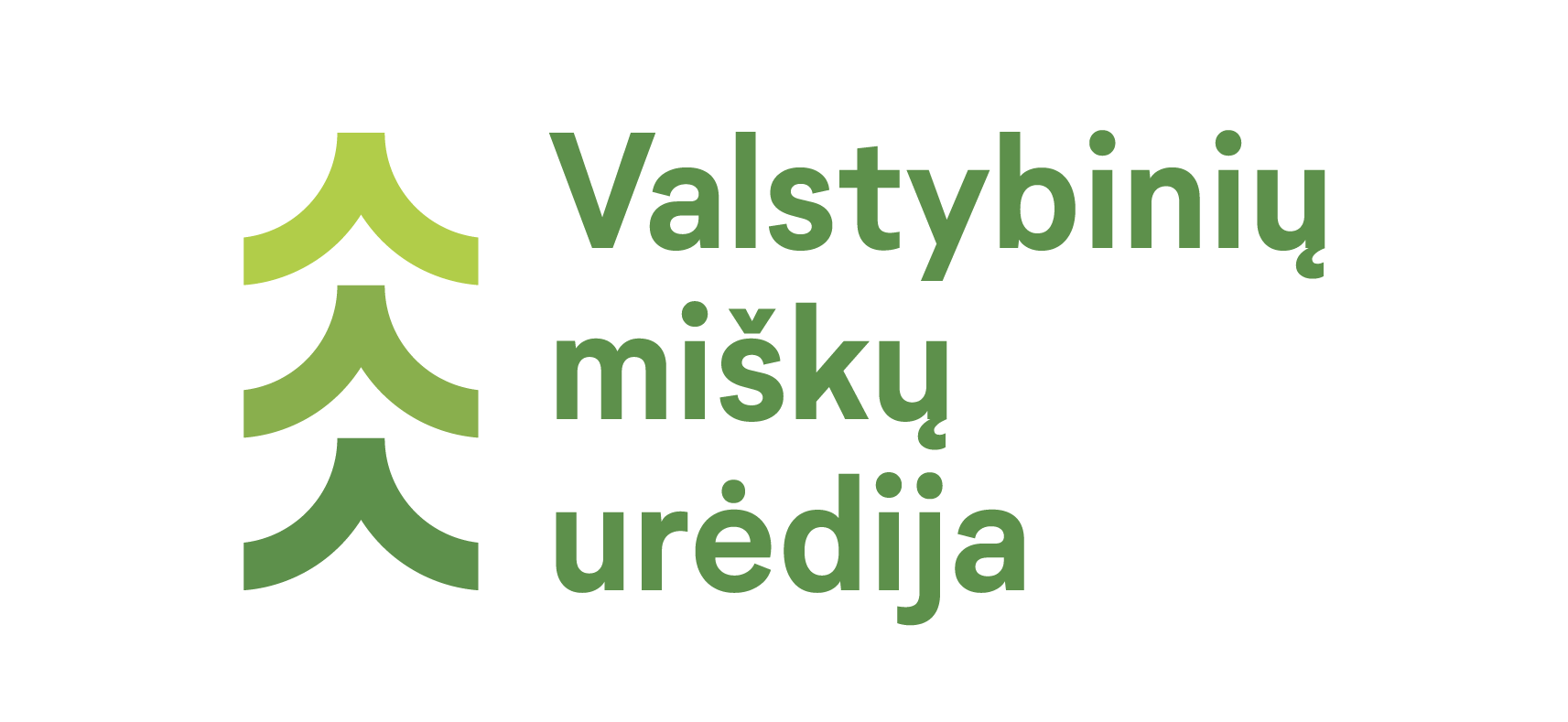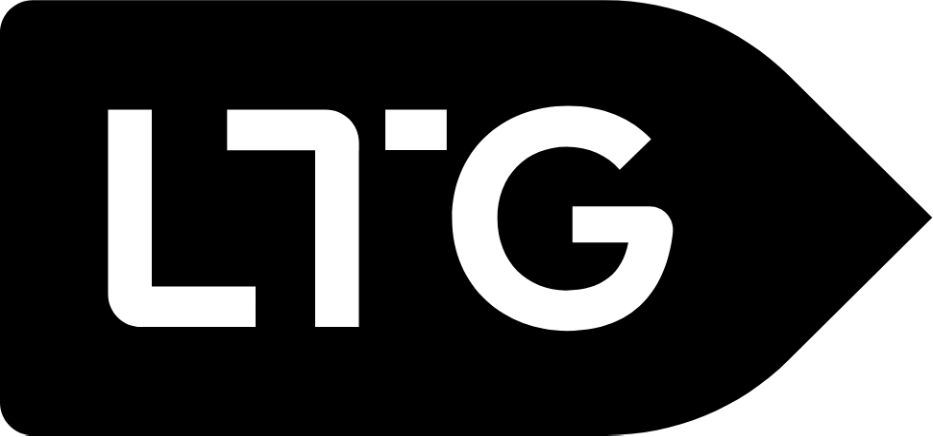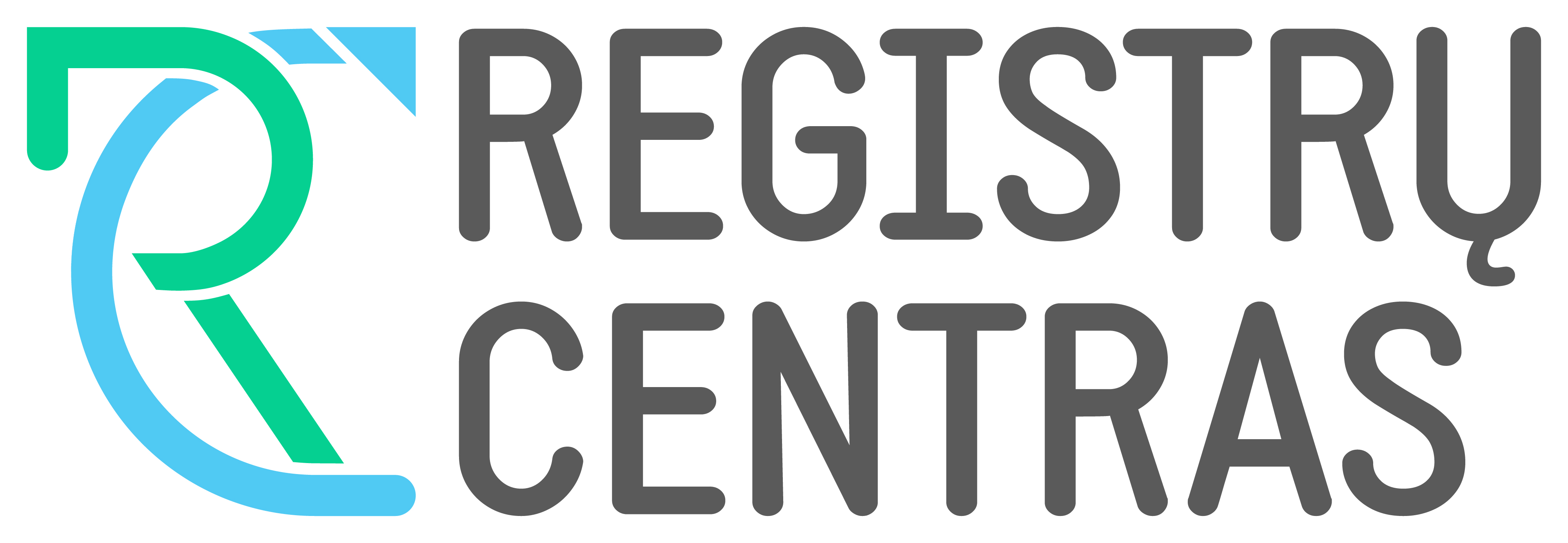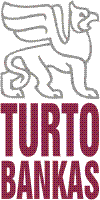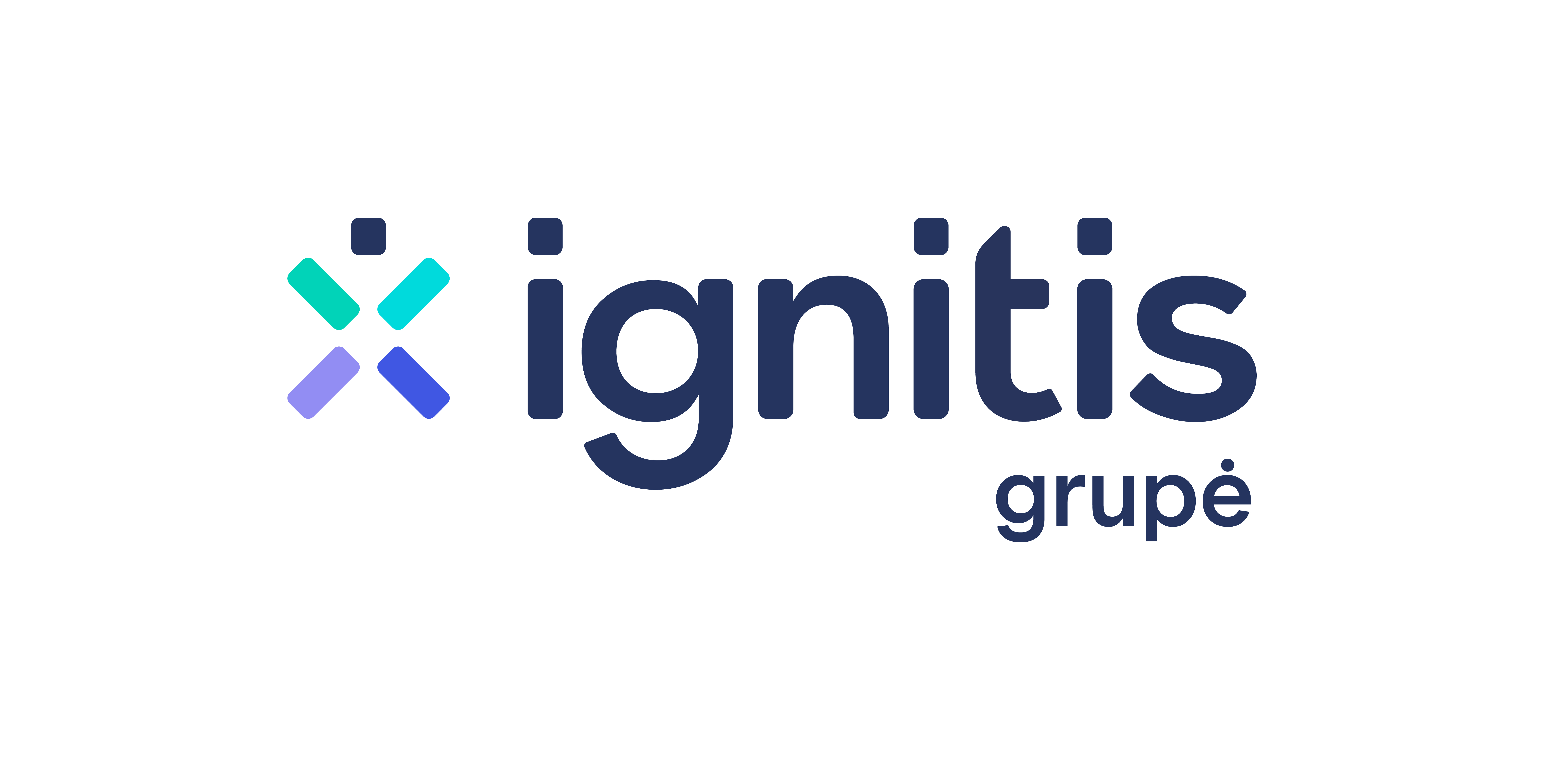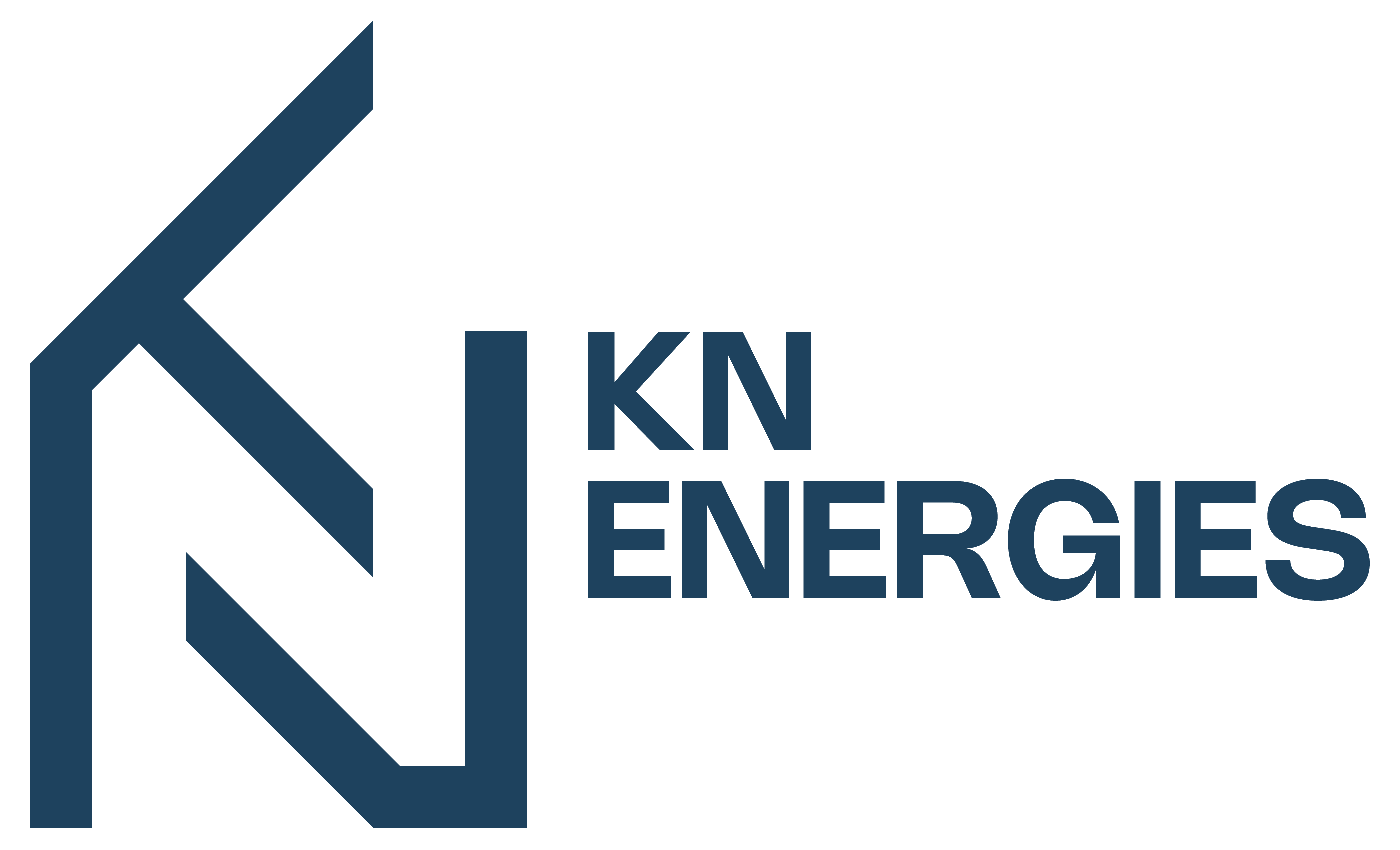Significant changes in SOE governance

The governance of state-owned enterprises (SOEs) is gradually improving. Over 2017, the practices concerning the formation of collegial bodies strengthened considerably. However, the SOE governance still scores an average rating. This has been revealed in the latest Good Corporate Governance Index of state-owned enterprises, which is compiled annually by the Governance Coordination Centre (GCC).
“In 2017, significant changes were recorded in the dimension concerning collegial bodies. This was largely due to the quotas set for independent members of the SOE collegial bodies (at least ½ independent members) and standardised nomination procedures for collegial bodies at all SOEs. The changes in the legal framework significantly boosted the independence of collegial bodies and limited political influence (political members disappeared and the number of members involved in the policy-making within the industry which the company operates in reduced). Standardised nomination procedures rely on the principles of public nominations. And the majority of companies which had their collegial bodies re-elected abided by the above procedures. The changes in the composition of collegial bodies and standardised nomination procedures boosted the rating awarded to the competence of collegial bodies as elected independent members brought new competencies to the SOE governance, which are harder to find among civil servants,” says Vidas Danielius, the Director of VšĮ Stebėsenos ir prognozių agentūra, which undertakes the functions of the Governance Coordination Centre (hereinafter the GCC).
Although the collegial body formation practices are ever so closer to the top governance standards, yet many significant governance gaps are still observed. As regards transparency, the annual reports are still prepared in a poor manner, the implementation of the sustainability policy is very weak, and the International Financial Reporting Standards are rarely applied (only applied by 15 SOEs). Concerning the area of strategic planning and implementation, a significant number of SOEs still fail to set their profitability indicators; the target return on equity (ROE) has been attained only by around half of the SOEs which fall under Categories 1A and 1B, whereas borrowed capital is used for business by also about half of all SOEs.
“The area of the governance by collegial bodies, which has seen truly considerably positive developments, still has room for improvement. Not all SOEs undertook the nomination processes and formed compliant collegial bodies. The election of collegial body members is often subject to minimum requirements; the nomination excludes executive recruitment agencies (selection experts), and candidates are subject to fairly vague selection criteria, whereas the outcomes of the nomination are not made public. What is more, the practice of self-evaluation by collegial bodies and the specialised (audit and remuneration) committee formation practice are still rare,” carried on Mr Danielius.
Out of all SOEs, UAB EPSO-G and Lietuvos energija, UAB were the best compliant with the good governance principles. The transparency standards invoked by the above companies, the collegial bodies formed and the pursued strategies received top ratings, and they essentially meet most of the requirements. Both companies had their annual reports rated among the top. They also apply the International Financial Reporting Standards and their sustainability policy is based on the best global practices. The collegial bodies of the companies are comprised of more than a half of independent members (including the chair), and they conduct self-evaluation on a regular basis. Both companies have formed their remuneration and audit committees alike.
The worst ratings among the major SOEs were awarded to VĮ Registrų centras, VĮ Kelių priežiūra and VĮ Ignalinos atominė elektrinė. The annual activity report of VĮ Registrų centras and the sustainability practices were rated negative; the board nominations were undertaken without compliance with the procedures set forth by the Government (the situation has already been rectified). In addition, the company did not form the committees of the board and had considerable gaps in terms of supervising strategy implementation. In 2017, VĮ Kelių priežiūra did not prepare its annual report on activities, failed to abide by the International Financial Reporting Standards and did not have the committees formed under to the board of directors. What is more, the company did not develop its strategic business plan albeit for a compelling reason, i.e. the reorganisation that took place at the end of last year. Meanwhile, the lower rating received by VĮ Ignalinos atominė elektrinė was down to the facts that the company’s annual activity report had been rated negative and that the company did not apply the International Financial Reporting Standards and received an adverse opinion in its audit report for 2017. Last year, the company struggled to achieve its objectives, and it did not have a shareholder’s letter of expectations prepared (because of the planned reorganisation of the company).
In the Index for 2017, positive ratings were given to 24 companies, average, to 22 SOEs, and negative, to 16 SOEs. It should be noted that the most of the companies with negative ratings are those which are planned to be restructured/liquidated in the near future or which are on the list of companies subject to privatisation.
“We expect that the policy of introducing the SOE good governance continued by the Government, which is to encompass further developments in the nomination procedures at SOEs to include selection experts (executive recruitment agencies), reinforcement of transparency requirements and new independent members on the SOE collegial bodies, will give a further positive shift in the SOE governance in the next few years ahead. For its part, the GCC will continue making improvements to the Good Governance Index, which will be the basis for more objective evaluation of every single SOE as well as supervision and promotion of the introduction of good governance practices,” pointed out Mr Danielius.
More information on governance index available at: https://governance.lt/en/valdysenos-indeksas/.

